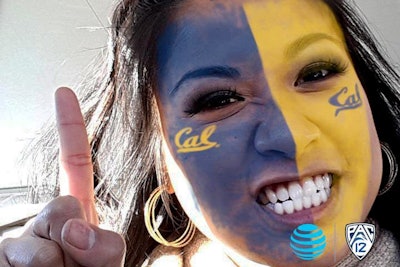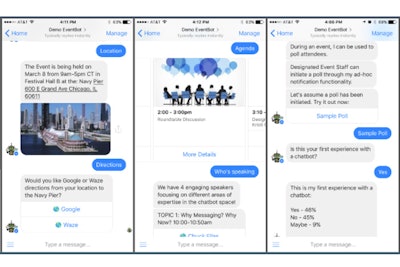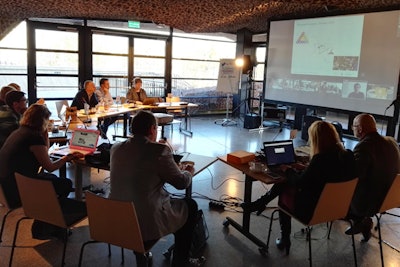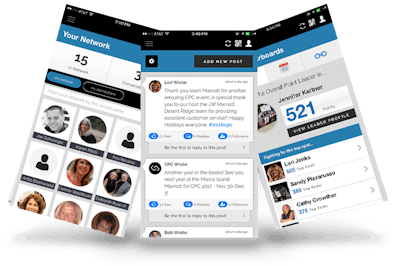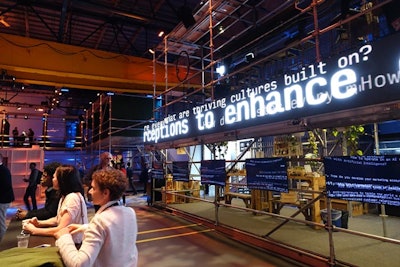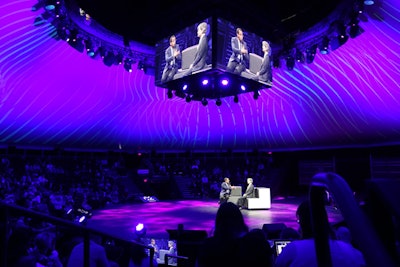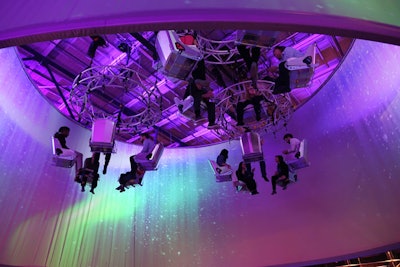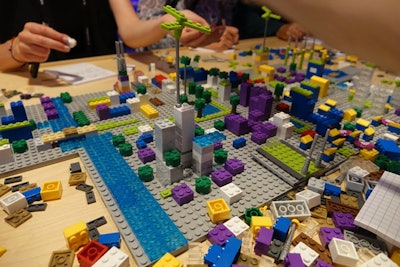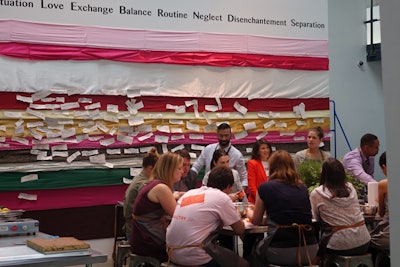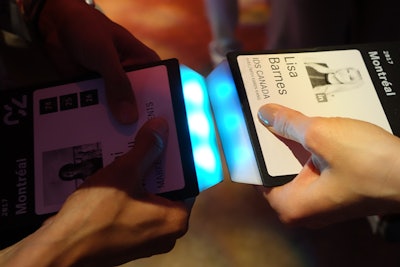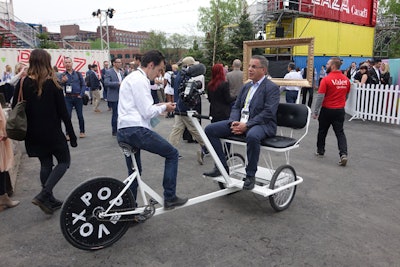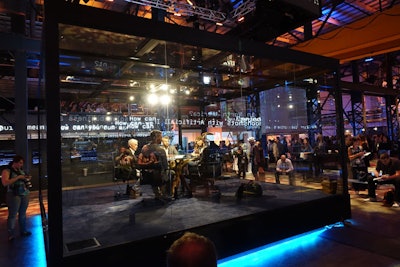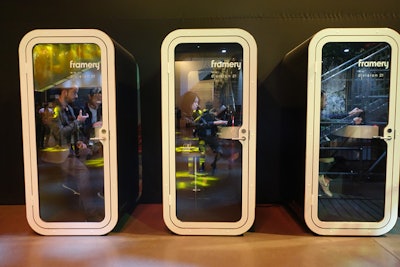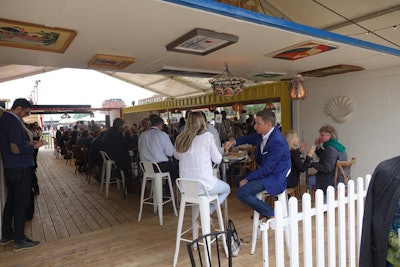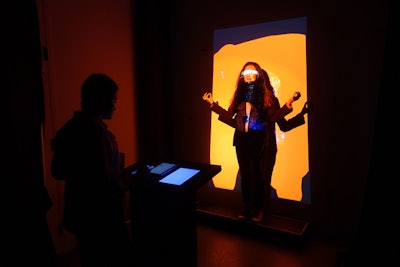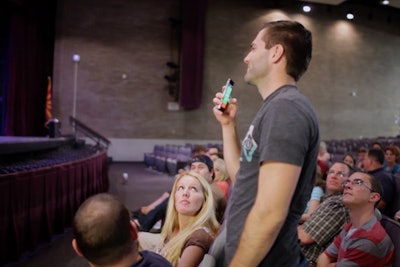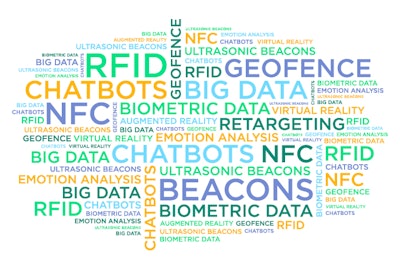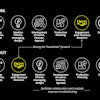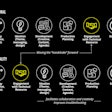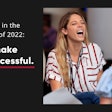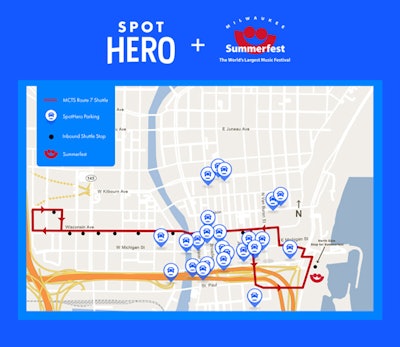
In mid-September, SpotHero launched a new service to help planners provide parking for their guests. SpotHero for Events allows guests to find and reserve parking in advance through a mobile app and website. The system operates in real time to reflect street closures and construction. Planners can embed the custom parking landing page on their event’s website and in emails and other communication materials so guests can reserve a spot with one click. The system is currently available in 15 cities across the United States, including Chicago, Los Angeles, New York, and Washington, D.C.
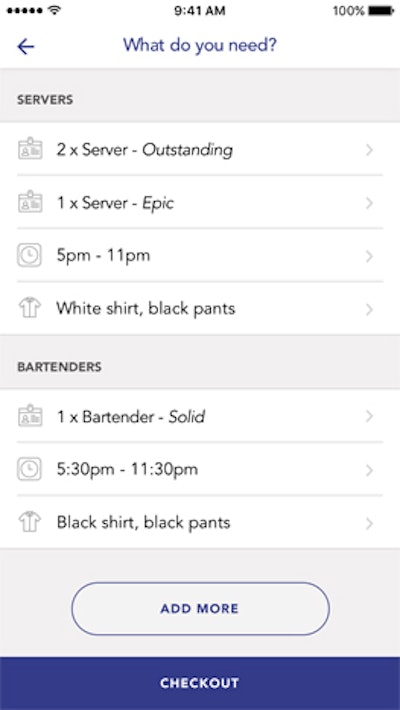
Jitjatjo is an app to facilitate on-demand temporary staffing for venues, caterers, events, and more. When a user requests staffing, the app handles the entire process from hiring through payroll. Requests can be made as late as an hour before a scheduled shift, for examples to replace people who have called in sick or simply don’t show up. The app analyzes requests and selects talent based on their experience, location, skills, availability, history, and ratings. Users can also request specific attire, include details regarding an assignment, and send messages in the app without having to share their contact information. Jitjatjo launched October 18. Currently, the service is only available in New York, but the company is making plans to expand to other cities.
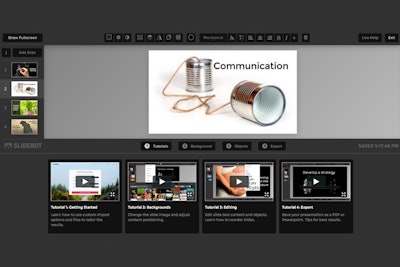
SlideBot is a tool to help people create engaging presentations. Users either type content directly in SlideBot or import an existing PowerPoint or Word file. The system uses “natural language processing” to understand the presentation’s content and then searches its database of more than 25 million images to find those that are most appropriate. After identifying images, SlideBot uses thousands of design rules to place the text on the images. Users can also choose from more than 800 icons and symbols to customize the presentation. Users can present directly from SlideBot or they can export a fully editable version to Powerpoint. The system costs $19 per month or $179 per year.
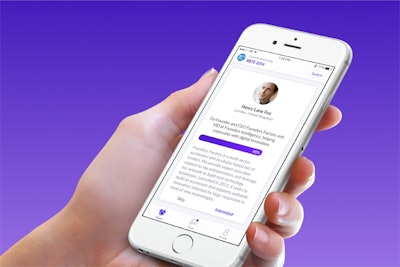
Grip is an app to facilitate networking at events. Similar to dating apps, Grip requires both parties to express an interest before connecting. Once two people both express an interest, that triggers a “handshake” in the app and the two people can then communicate through in-app messages to share ideas and arrange a meeting. Users can log in with their LinkedIn or Facebook accounts and also add a description about their interests. The system’s algorithm uses that data to recommends people to meet. Users can also join any of the more than 500 networking communities that exist within the app. In addition to the Grip app, the company also offers a white label version for events and planners can also integrate Grip’s API into their existing app or website.
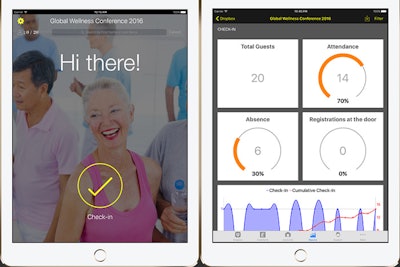
Guesto is a new app that launched in October that allows planners to check in guests and print name tags using an iPad and small label printer. Planners can create custom badges with their event’s logo, and import events and guest lists from Eventbrite or a simple spreadsheet. Guests can be identified for check-in either by searching for their name or by scanning a barcode or QR code.
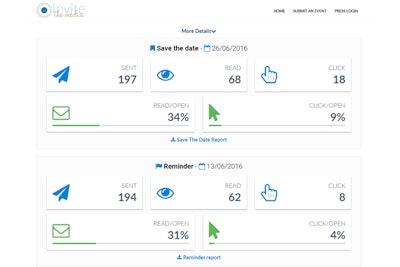
Invite the Media is an online system to get journalists, bloggers, and influencers to an event. Planners fill out a form to indicate the date, time, location, and registration page of the event as well as details about the type of event (a conference, trade show, or fund-raiser, to name a few examples) and social media links and hashtags. The system then selects who in its database of more than 1 million media representatives in 150 countries would be suitable to receive the information. Reporters opt in to the media list so when an event matches their profile of interests it also triggers an invitation. The system sends reminder emails and provides tracking and metrics at the conclusion of each campaign. The company reports it has sent more than 450,000 invitations to date. Pricing ranges from $79 to $499.

Swoogo is a comprehensive planning system to manage an event’s website, registration, and marketing. Users choose a theme and drag-and-drop content widgets to create the event website. The system’s setup wizard can be used to create the registration form, designate registrant types, and add sessions. Pricing is based on how many people have access to create and edit events, ranging from $500 for one “full user,” to $2,000 for eight. All plans can be used for an unlimited number of events and registrations.



